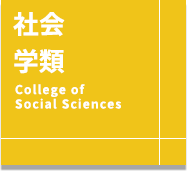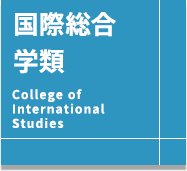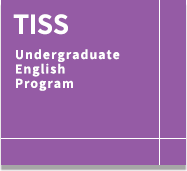About Us
We live in the age of globalization and information technology, facing many difficult issues directly or indirectly related to these. Along the way, there were countries that displayed rapid growth among developing countries. The collapse of the socialist regimes in the Soviet Union and Eastern European countries, coupled with the observations of the growth experiences of the above, led many economists to concluding that the respect of property rights and political stability are the foundation of the “success” in market-oriented economies.
Then came the financial crisis. This event urged every policy maker to re-evaluate the role of deregulation on economic activities, especially activities in the financial sector. In the meantime, despite all efforts exerted by the involved parties, the problem of global warming has become increasingly difficult. As for rich countries, an aging society and increase in inequality are major concerns. The aging society tends to aggravate budget deficits, making the operation of the economy by the government more difficult. The grass roots movement, Occupy Wall Street, is still fresh in our memories. The movement illustrates the dilemma between the increase in inequality associated with pro-market policies and equality demanded by the majority.
Now, we have the global battle against COVID-19. These common issues for all humanity that emerged seemingly overnight swallowed every community and brought an about-face in the lives of the people. We are forced to reconsider our ways of working and studying or our basic concept of values and lifestyle as such.
The mastering of these issues could be rephrased as the challenge toward the realization of a sustainable society. In the various issues of modern society including the above, there is no universal “correct answer” which connects all countries, societies, and individuals at a fundamental level. Therefore, mastering or solving the issues can be said to be an attempt among competing agents to “come to terms”.
The School of Social and International Studies consists of the College of Social Sciences and the College International Studies. The College of Social Sciences primarily offers discipline-oriented courses, and the College of International Studies provides students with courses that are issue-oriented and practical. Through education with a high-degree of professionalism, we offer education to foster creative human resources who will decipher the complexities of contemporary society, envision the ideal direction, and continue making attempts at solutions to issues.




